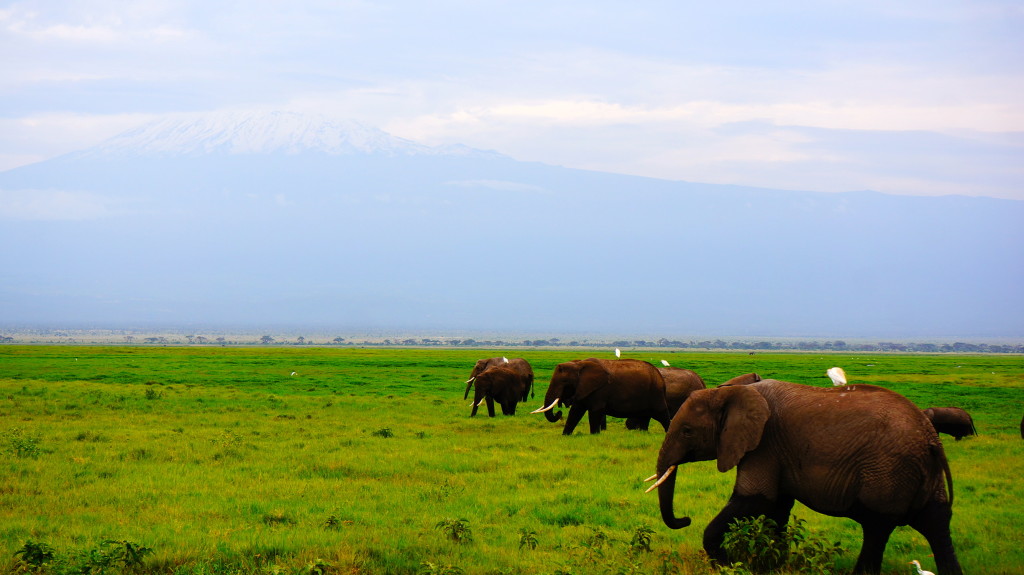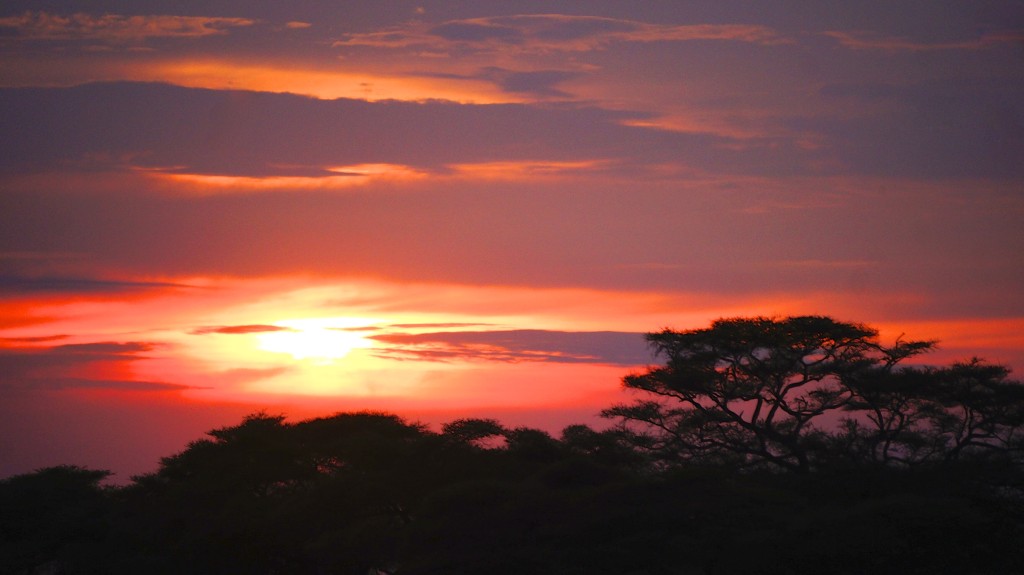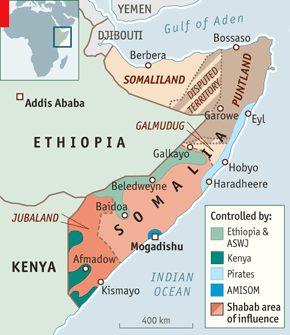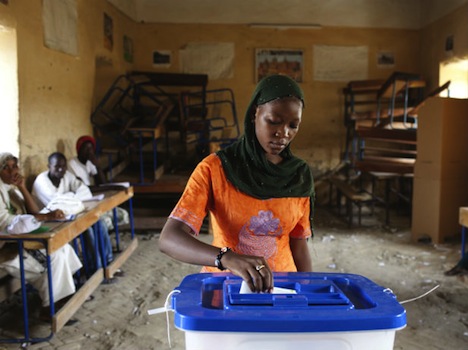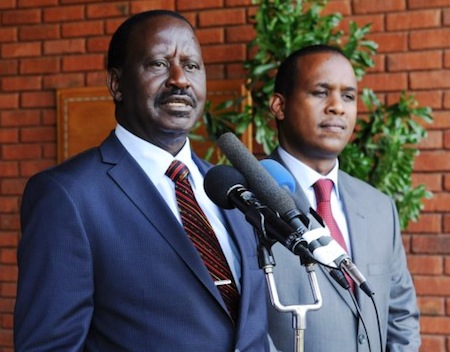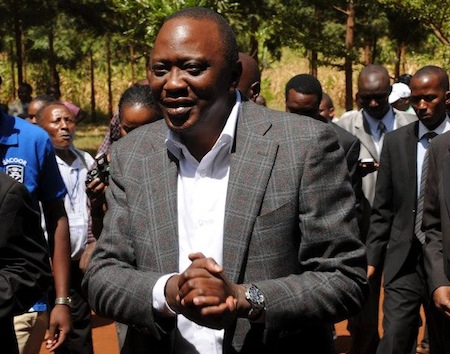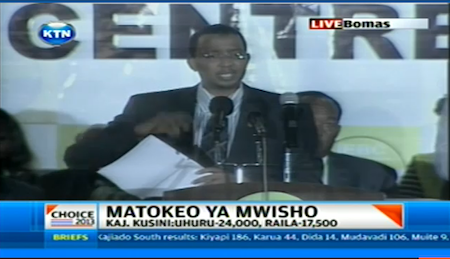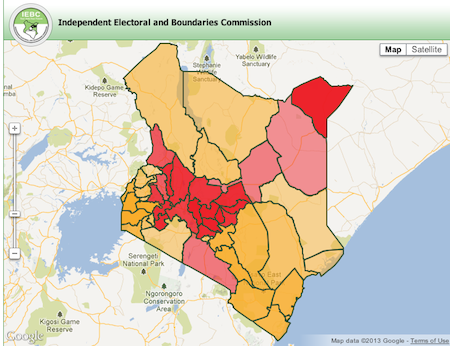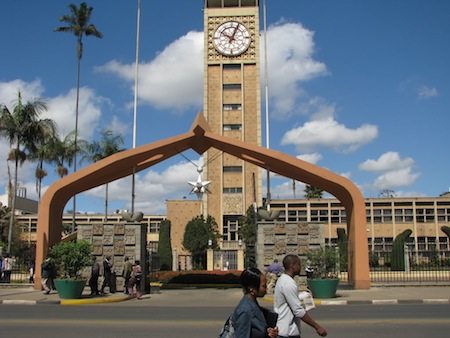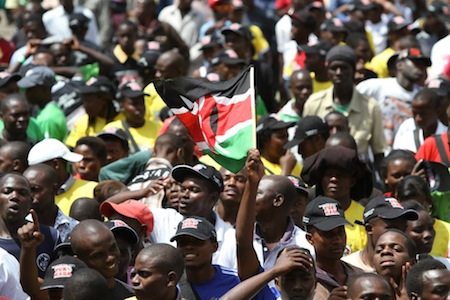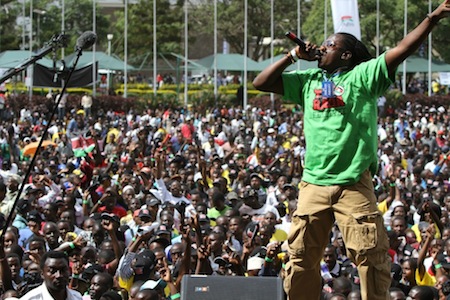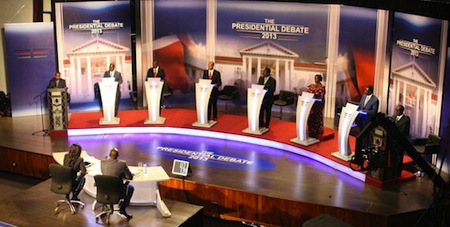After a weekend off-grid at Amboseli National Park hanging out with giraffes and elephants, I’m back in Nairobi.![]()
I’ll have some thoughts soon on Bosnian protests, the latest turn with Uganda’s anti-homosexuality bill and Lebanon’s new government — and I’m watching closely to see how Italy’s new prime minister-designate Matteo Renzi will roll out his new government.
In the meanwhile, what to make of Kenya?
In December, Kenya celebrated the 50th anniversary of its independence from the United Kingdom. There’s a distinctly British imprint to just about everything here — more so than in other former British colonies I’ve visited. Kenya feels more ‘British’ than English-speaking Canada in some ways. There’s a slavishness to form-over-substance rules here that unintentionally facilitates bribery and corruption.
The best food isn’t in the ‘best’ restaurants, which prioritize ambience over food quality. Seek out Indian food — in small stalls on the street or in shopping centers, not in restaurants. The best traditions of Kenyan food involve fusion with Indian or Arab influences along the Swahili coast. In Nairobi, it’s easy to find food like chapati (thin, doughy flatbreads), and all sorts of other Indian-influence treats, like masala chips, samosas and spiced chai. Ugali, a blanched cornmeal paste that often serves as the main carbohydrate/starch component in Kenyan meals, makes Caribbean food staples seem flavorful by contrast.
There’s not a lot of investment in public goods, and much of Nairobi is hidden away behind walls and barbed wire — more so than in places like Caracas and Tegucigalpa in Latin America. Public parks do exist, but the high incidence of petty crime means that virtually no one goes there. Nonetheless, there’s more vibrancy in the city’s center than I expected, and the city isn’t without its charms — its year-round spring-like climate is one of the world’s most pleasant.
In the meanwhile, I’ve been reading One Day I Will Write About This Place, which has taught me as much about post-independence Kenya as any non-fiction books I’ve read about the county (Daniel Branch’s 2011 book is a great place to start, though). That Binyavanga Wainaina, its author, recently came out as an openly gay man adds a new level of depth to his work. But One Day is less an LGBT memoir than a period look at Daniel arap Moi’s increasingly authoritarian Kenya of the 1970s and 1980s. There’s something interesting on just about every page — for instance, the decrepit state of Kenya’s once-strong railways, is explained through ethnic politics. Kikuyu businessmen close to former president Jomo Kenyatta won preferential treatment for trucking contracts; railways, where the competing Luo ethnic group controlled access to jobs, were left to languish. Continue reading Initial thoughts on Nairobi and Kenya
